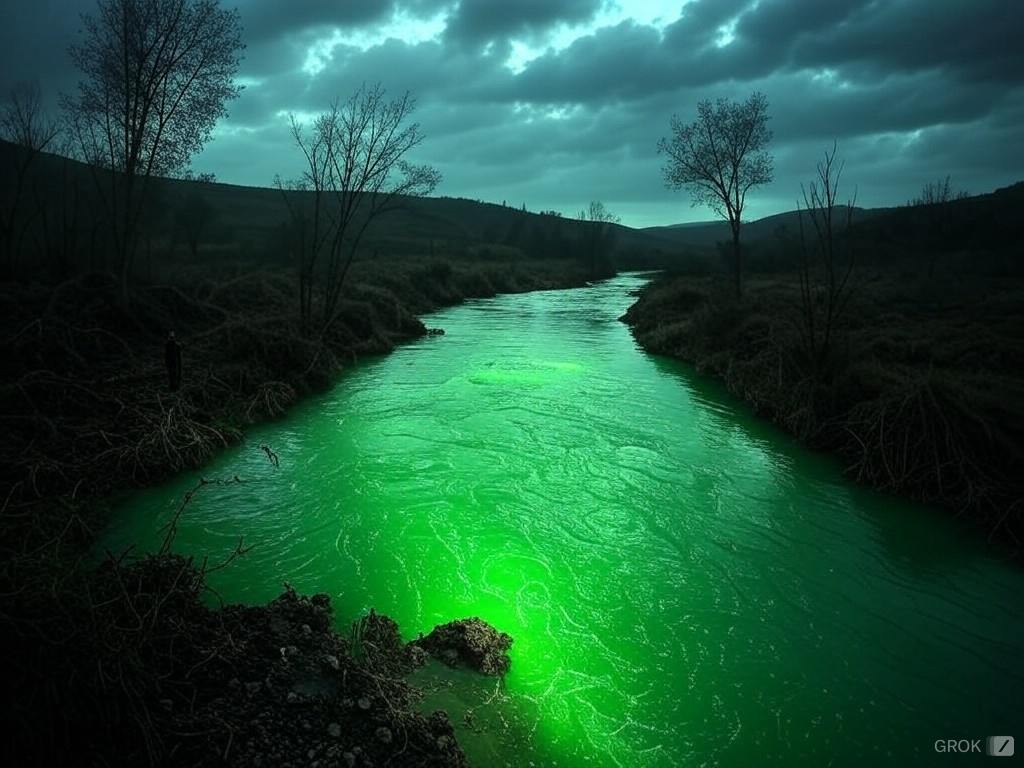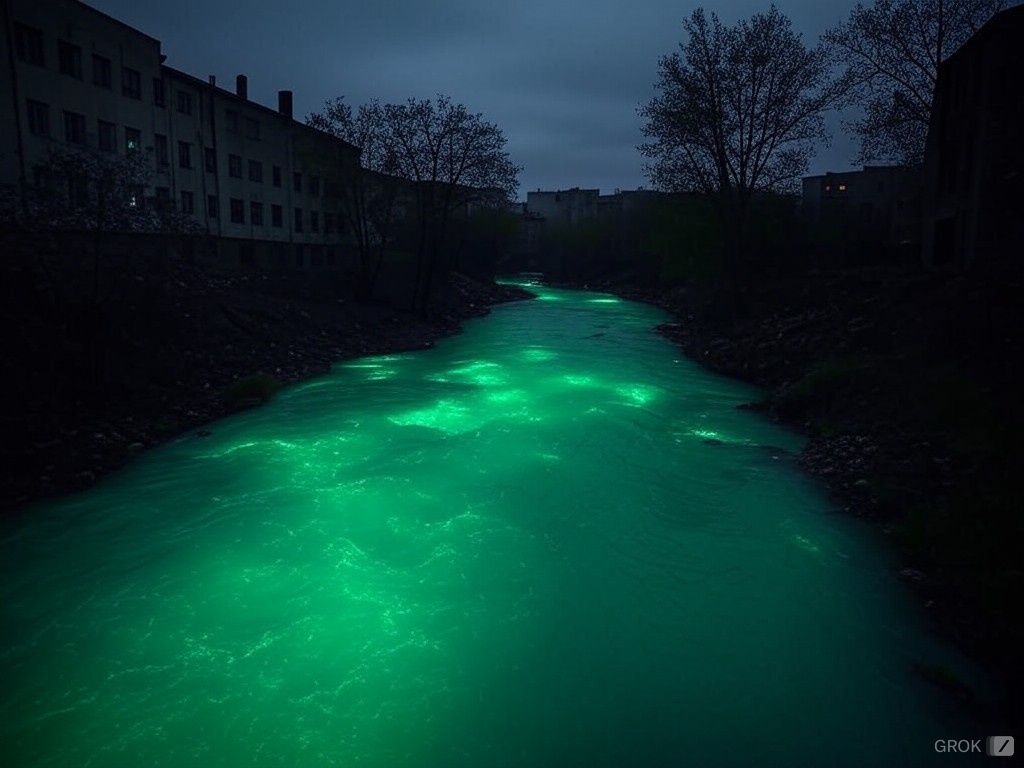One of the brightest stars of Australian journalism to have emerged from the Covid era, Rebekah Barnett has now been honoured with a Fellowship from the Brownstone Institute, one of the world’s leading academic think tanks.
A Sense of Place Magazine has been proud to republish some of her excellent work through the year, and wish her all the best for what will no doubt be a brilliant career.
Earlier this year Barnett a Brownstone conference in Pittsburgh, USA, and participated in a panel discussing media and culture with Jeffrey Tucker, Andrew Lowenthal and Tom Harrington, which you can watch here.
For anyone interested in Australian culture, we strongly recommend you follow her work on her Substack page Dystopian Down Under, or on X.
Here is her summary of some of her best work for 2024.
The year is 2024.
Excessive synthetic DNA has been detected in Australian vials of the modRNA Covid shots at levels of up to 145 times the regulatory limit, but the TGA isn’t interested in investigating the issue.
Experts say the contamination could cause cancer, genomic integration and other long-term health effects. The TGA says this is “misinformation,” but hasn’t provided evidence for its claims. This month, the regulator got caught admitting the potential DNA contamination risks in internal emails – so, the TGA knows there are unresolved safety risks.
A Federal Court Judge with connections to Pfizer made sure that these risks will never be discussed in court, by dismissing a case challenging the regulatory status of the modRNA vaccines.
Australians who know about all this are pretty ticked off about it. In a world-first, the local government of West Australian mining town Port Hedland passed a motion to demand immediate suspension of the modRNA shots due to the DNA contamination. Other councils have joined the movement, calling on federal and state officials to lift a finger and do something to properly investigate the matter.
And yet, the modRNA vaccine industry is a key player in Australia’s future, if a 10-year strategic partnership with Moderna, secured by the Federal Government with a $2 billion handshake, is anything to go by.
Whether the demand for endless iterations of modRNA vaccines will be there is questionable. Trust in public health has declined after state and territory governments went too hard with Covid vaccine mandates, and childhood vaccination coverage has dropped. Aussies have mostly abandoned the failed modRNA Covid shots, which limp along with regular government-sponsored promotional campaigns.
The medical regulators, AHPRA and the Medical Board, have been going pretty hard themselves, suspending doctors for all manner of things (even social media posts) for years without trial.
An excess deaths inquiry was finally held to investigate drivers of Australia’s excess of nearly 30,000 deaths throughout 2021-2023. However, in the end it was of little value, as the Senate Committee suppressed the majority of submissions, omitting key evidence from the record – including my submission.
The eSafety Commissioner, former Twitter employee Julie Inman Grant, is engaged in a high-profile beef with the new owner of the platform (now called X), U.S. mega-billionaire Elon Musk. So far, Musk is winning, but new laws to give eSafety greater control over foreign-owned platforms should soon put paid to that. Meanwhile, Inman Grant is making it a high priority to ensure that no one gets called by the wrong pronoun on social media.
And soon, Australian teens under 16 will be banned from social media, which will require Australians of all ages to prove their identity on the internet – probably with a combination of biometrics and Digital ID.
Relatedly, the Australian Government has finally legislated the expansion of its Digital ID framework, which will be voluntary, perhaps in the way that mandatory vaccines are voluntary.
“Is this a Dystopia, Down Under?” you ask. Sometimes it may seem so, but there has been some great news this year as well.
Covid vaccine mandates were ruled ‘unlawful’ by the Queensland Supreme Court under the QLD Human Rights Act. The Queensland Police Commissioner failed to properly consider human rights before issuing workplace vaccination directives.
In another landmark case, a youth worker won compensation from his employer for pericarditis resulting from Covid vaccination under the coercion of a workplace mandate. This was significant because employers had typically been opting for the Shaggy defence (‘it wasn’t me’) in vaccine injury claims, blaming the mandates on state and territory-directed Public Health Orders.
Now, employers are “on notice that they are liable for injuries suffered as a result of their policies and directions.”
AHPRA and the Medical Board were excoriated for throwing their weight around in a recent Supreme Court decision, in which the Justice found that the conduct of AHPRA and the Board had been “less than profoundly unsatisfactory.”
Mainstream TV shone the Spotlight on Covid vaccine injuries, bringing some much-needed honesty to the small screen – although only so much, with some of the more hard-hitting footage edited out.
In a massive win for free speech, the Australian Government’s misinformation bill has been binned, after it failed to secure any support in the Senate.
In a win for transparency in science, my exclusive report revealed the forced retraction of Covid vaccine cancer-risk study for political reasons, clearing the names of the authors who had been subjected to a concerted smear campaign.
And it was wonderful to see subscribers share what has worked for them in terms of living well through hard times, bad governance and constant fear mongering, in an open thread on ‘Thriving in the Age of Fear.’
OTHER STORIES BY REBEKAH BARNETT IN A SENSE OF PLACE MAGAZINE







